Akio Hasegawa's interview series "Don't work seriously!! (tentative title) Vol.01 Yuji Machida Part 1
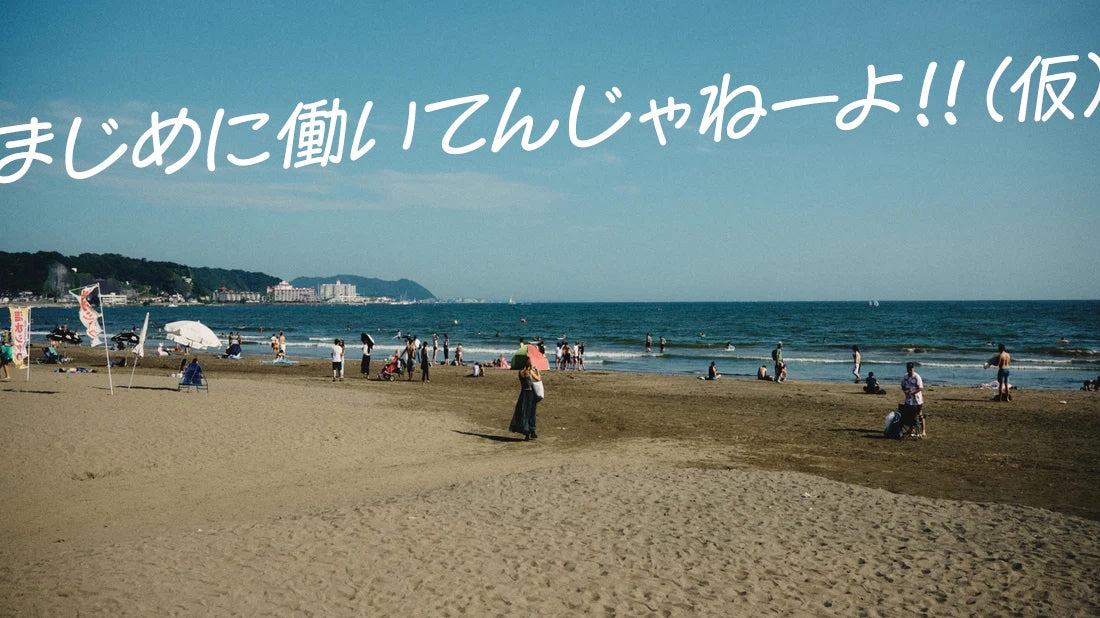



Fashion director and stylist. He has been involved in the production of the British magazine "MONOCLE" since its launch and built the foundation for its fashion pages. In 2014, he became the magazine's fashion director. He also served as the fashion director of the magazine "Popeye" from 2012 to the fall of 2018. In 2019, he launched the fashion web magazine "AH.H" in collaboration with Houyhnhnm.
Editor-in-chief of "POPEYE". Joined Magazine House in 2001. After working in the editorial departments of "anan" and "BRUTUS", he assumed his current position at the end of 2019.
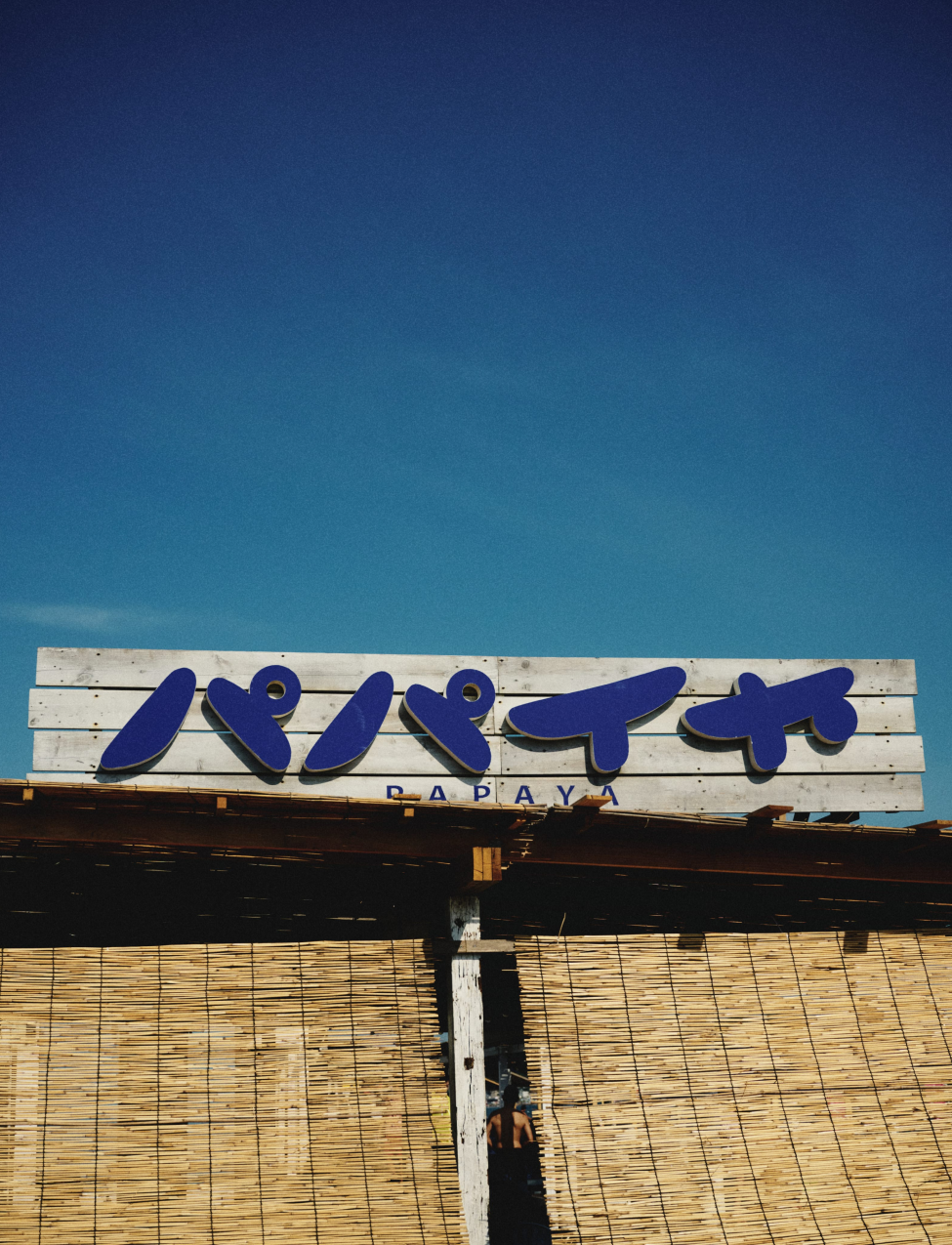
Hasegawa-san often talks about how he was trained by editors, and about the role and importance of editors. So, in this series of interviews about work, "Don't take your work too seriously!!" The first person he talks to is Machida Yuji, editor-in-chief of Magazine House's magazine "Popeye".
Umm, what should I talk about? (laughs)
Well, about editors. I'm a serious guy, you know? I hate half-hearted work. So I wanted to talk about that with enthusiasm, and I thought it would be nice to start by talking with Matchin about the job of an editor, which is the closest thing to me.
I see. But it's hard to talk about.
What do editors think their job is? I think it's different for each person. For example, Kinoshita (Takahiro, editor-in-chief of POPEYE, currently at UNIQLO) has transformed his editing skills into something different, or into a different profession.
That's right. Yoshihisa Kiname, the first editor-in-chief of POPEYE, said something like "an editor is a job on the way to becoming something else." It's a common saying, but editors can't do anything. Well, they might be able to write manuscripts, but they can't take photos, they don't do styling, and it's a job where you don't know what they do. They arrange food for photo shoots, manage schedules, paint when they're told to paint, and they do everything, but they're the epitome of a job where you don't really know what they do in magazine production. Everyone knows what an editor is, but it might be the job that's the most difficult for the general public to understand.
Maybe so.
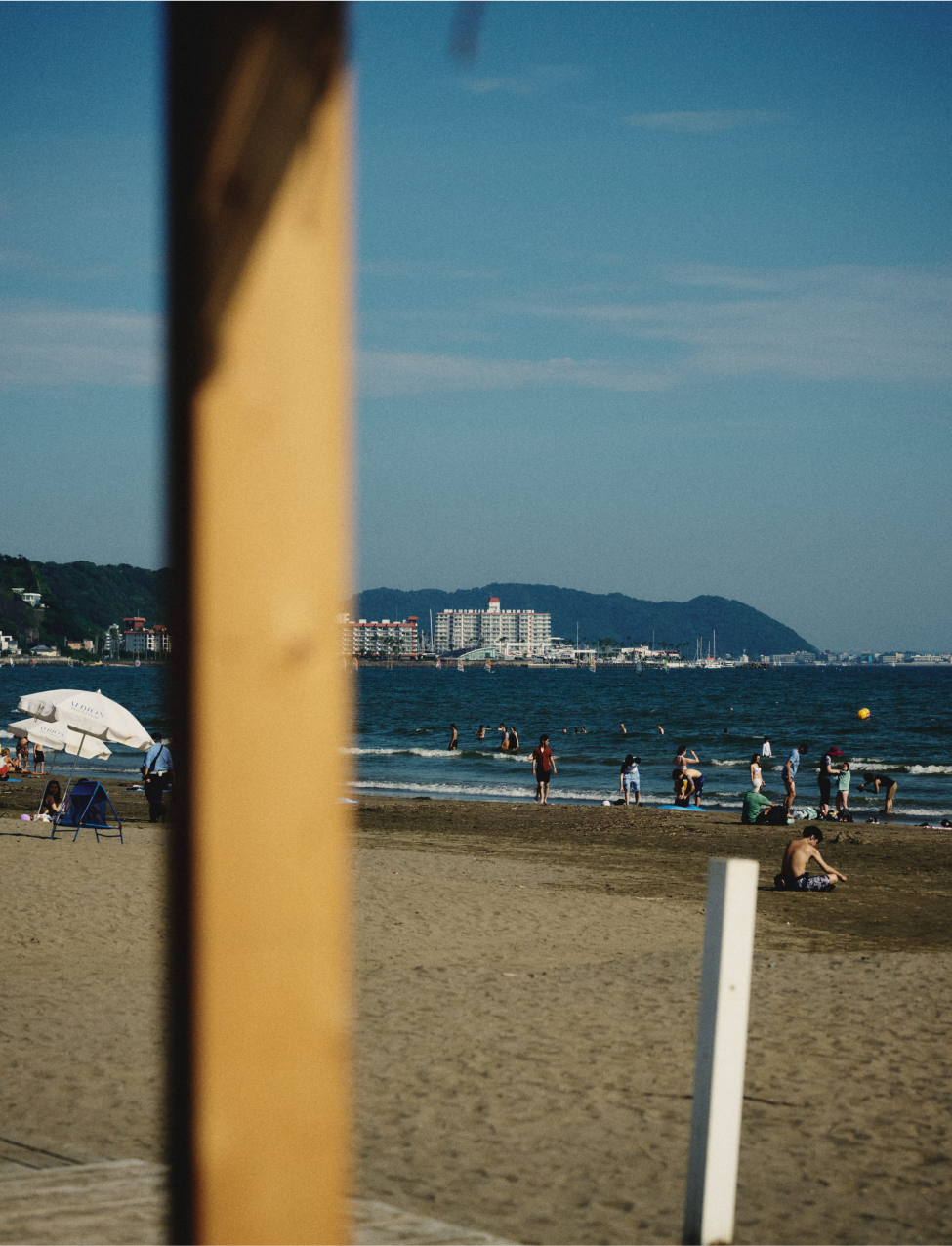
I wonder what it is about editing. It's like there are parts of it that I kind of understand, but don't.
For example, if you're an editor for a miniature car magazine, you're probably knowledgeable about miniature cars, so you're starting to talk like a miniature car expert.
Well, that's inevitable when you become an expert in that field.
That's probably normal if you make a living in the world of miniature cars, but in the world of editors, it becomes a bit more complicated. It becomes a level of expertise. In that sense, it's okay for a general magazine editor to not know anything, and they don't have to become someone. For a professional like me, it makes me feel complicated when someone talks about the technical details of my job as if they know it. Even if they do, it might be okay if they don't show it off. There's no need to try to mount the people you work with or anything like that. I think an editor is someone who can give love and support and lead others. If they become someone, they're no longer an editor.
Do I need to know nothing? (laughs)
Well, it would be weird if I didn't actually know a lot of things, but, how should I put it, I think it would create a better atmosphere if I pretended not to know.
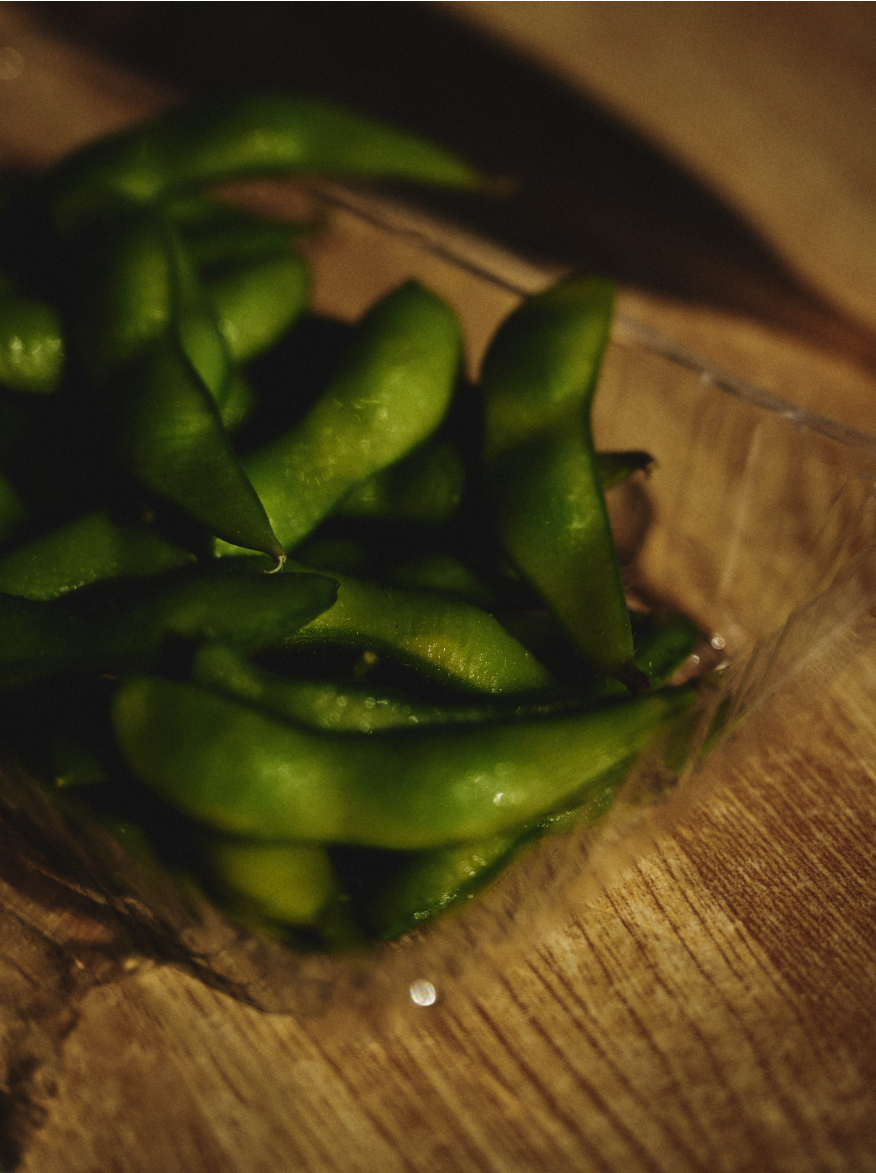

There's a saying that a good editor is someone who knows a lot of people who know interesting things. It's not necessary for that person to be knowledgeable and do everything, but a good editor is someone who knows a lot of people who know interesting things.
(Stylist) Koichiro Yamamoto often says the same thing.
After all, the amount of knowledge one person can absorb is...
Because there is a limit.
That's right. If you put in too much, it can become detached from the reader's sensibilities and empathy (laughs). It's important to know a lot of people who think about things from interesting perspectives.
Yes. I also wonder what would happen if you replaced editing with a different job.
Like, how do we replace it? For example, when Okamoto (Jin, former editor-in-chief of "Relax") left "Magazine House," he said that editing skills can be used for many things, and can be useful in many jobs other than magazines, and that everything is editing. In the end, it's hard to describe what editing is in one word. I wonder how Kinoshita is using his editing skills at his current company.
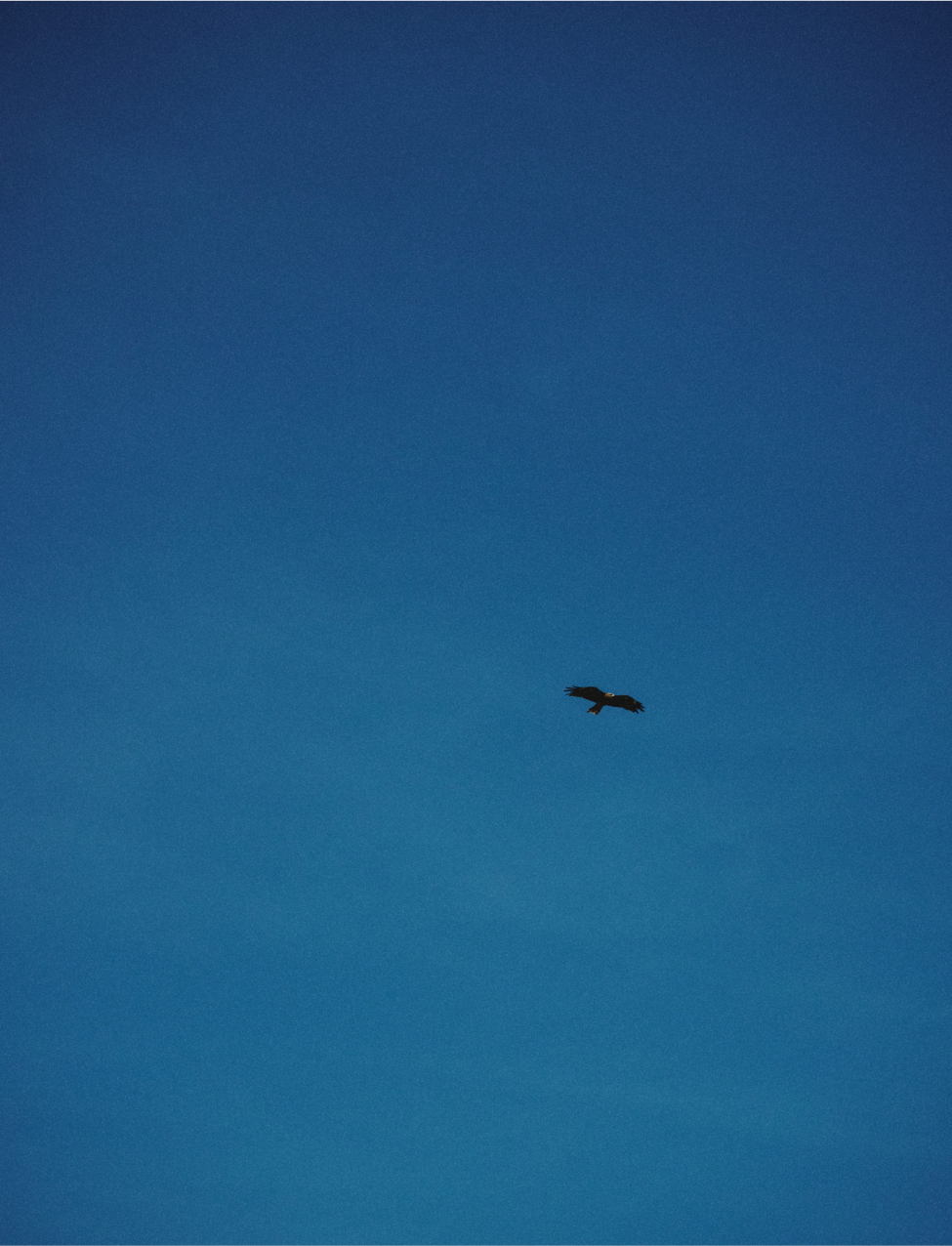
I guess it's called curation.
Curation, that's true. Editing a magazine is also about team building. I think most of the work is about how to gather staff. In the case of an editor-in-chief, it's better to be able to draw up a big blueprint, looking both inside and outside the company, such as who to ask for as editors, who to ask for proofreaders, who to hire as designers, and even who you want to hire for sales. From the standpoint of an individual editor, a good photographer, a good writer, a good coordinator, and even a location bus are all very important. Because photography is all about the atmosphere.
That's right. It can be stressful if it doesn't suit you.
If that doesn't go well, things that should have gone smoothly can often go completely wrong. So being able to bring the atmosphere together well is like editing ability. I don't know what Kinoshita-san is doing now, but I wonder if he's curating something for "UNIQLO"?
Maybe.
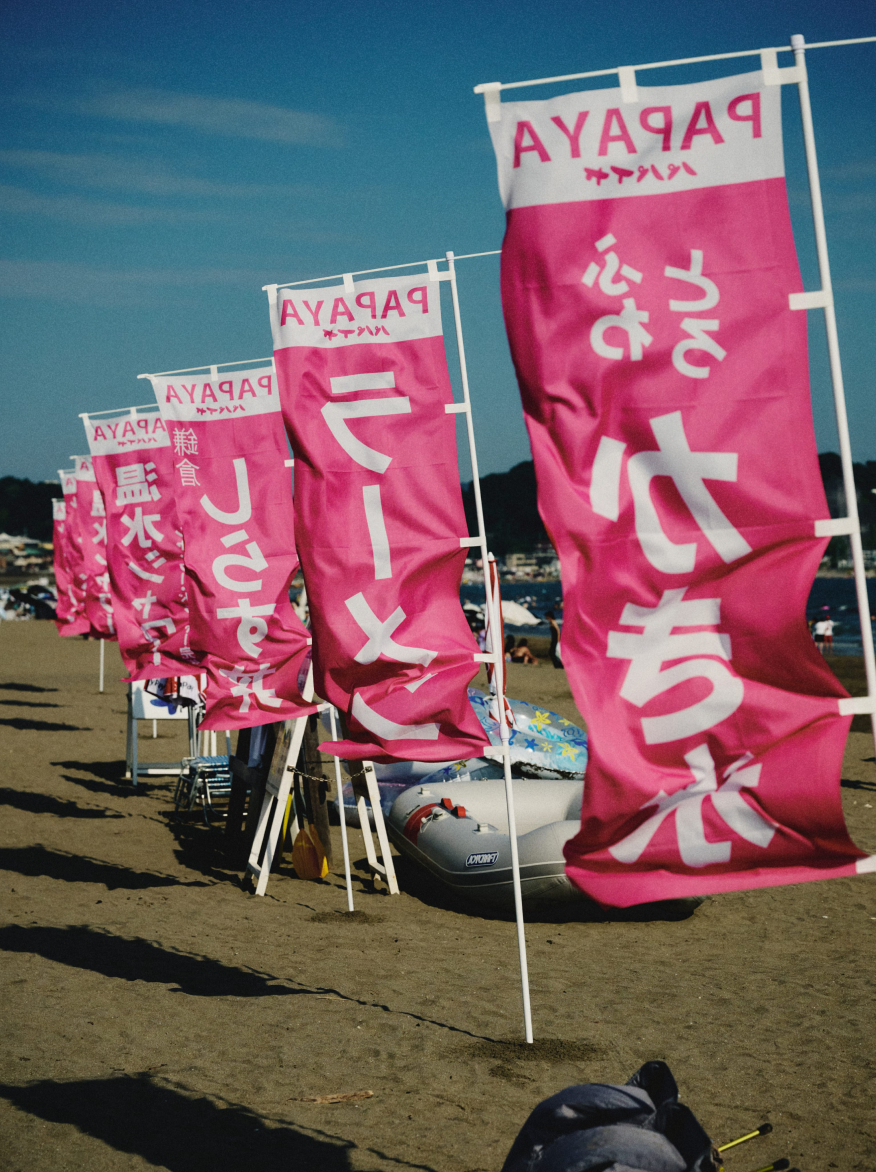

In that sense, not only editing but also the area of styling has expanded considerably.
That's right. The other day, when I met (photographer) Yasuyuki Takagi, he said to me, "Hase-kun, you've been covering a lot of restaurants lately, haven't you? I think that's what fashion is these days." I think some people use the word "fashion" in a negative sense, but Takagi-san is completely on our side, so I think he means it in a positive way. When I heard that, I thought there was definitely some truth to that. For example, I feel that wine and wine culture are, in a way, close to the nuances of fashion in the current era.
It's not just clothes.
That's right. There has always been cafe culture, but this is a little different. After the coffee boom around 2010, the objects and the way of relating to them have become clearer. For example, I think buying a T-shirt and drinking wine somewhere are pretty much the same, but in this day and age, it's important to know what kind of body the T-shirt is made of, right? We've gone through an era where plain cotton T-shirts like CAMBER and LOS ANGELES APPAREL were good, and now we're in an era where even printed T-shirts require a thick fabric. On the other hand, just as there are people who don't want to spend that much money on T-shirts, there are people who think the cheaper the alcohol, the better, which is similar to the world of fashion. There are people who like both, and people who only like one or the other. However, the world of wine is a culture that values environmental issues and consideration for the background of manufacturing, which is a point that connects to the challenges that fashion faces, and I think there is a lot to learn from it. In any case, my styling has expanded into a part of my life and is linked to reality, and wine is definitely a part of it. In that sense, styling is definitely expanding.
I can feel it getting bigger.
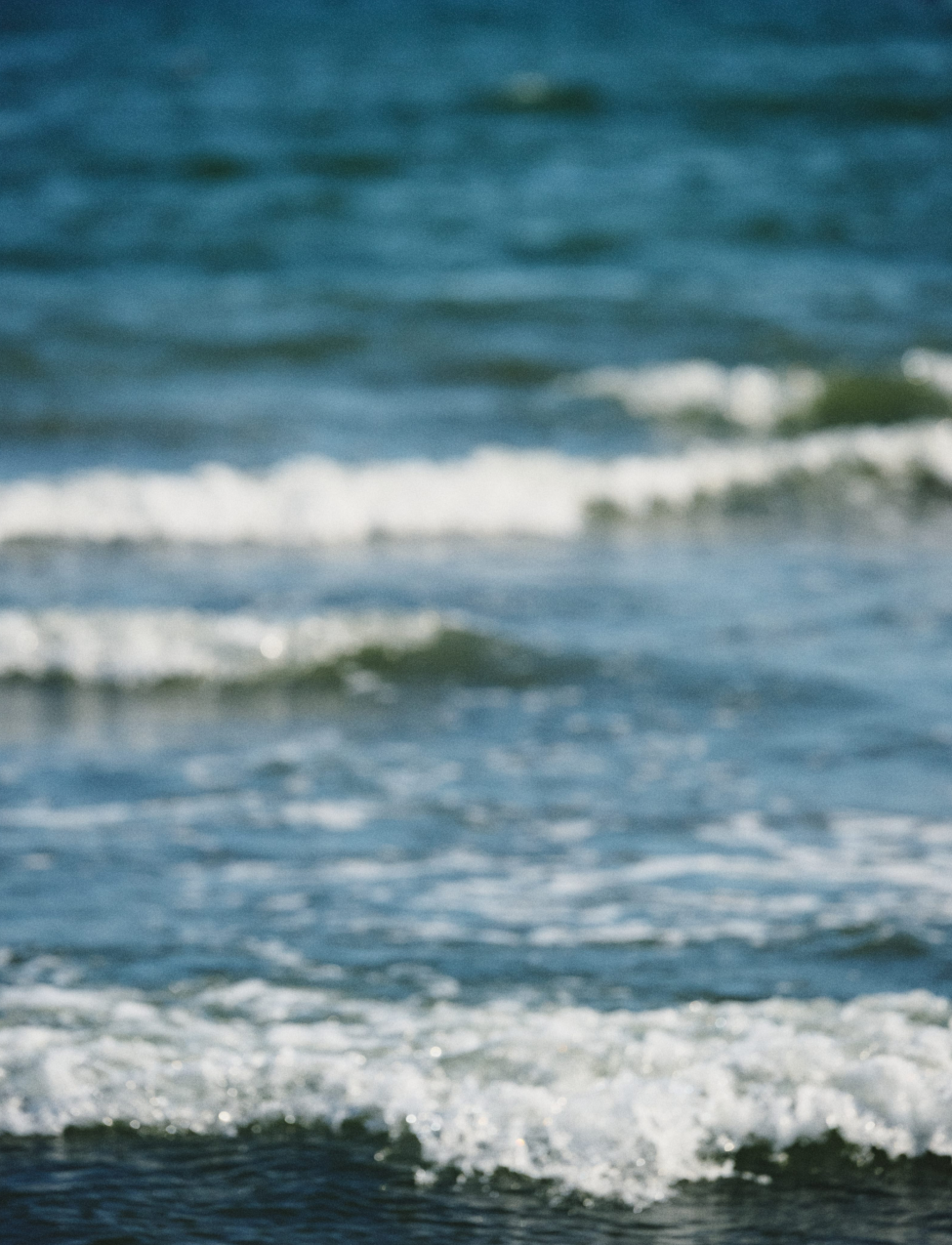
In other words, it means replacing the senses, so maybe styling is the same as editing. Maybe just living is an editing process.
That's right (laughs).
UNIQLO is probably a very cutting-edge company.
I see.
I often feel like when working for a company or brand, everyone seems to neglect the presence of editors. For example, they think that it doesn't matter where the food or location bus is, and that it doesn't matter who the models are. I feel like the accumulation of such things is ruining the brand.
That sort of thing is important.
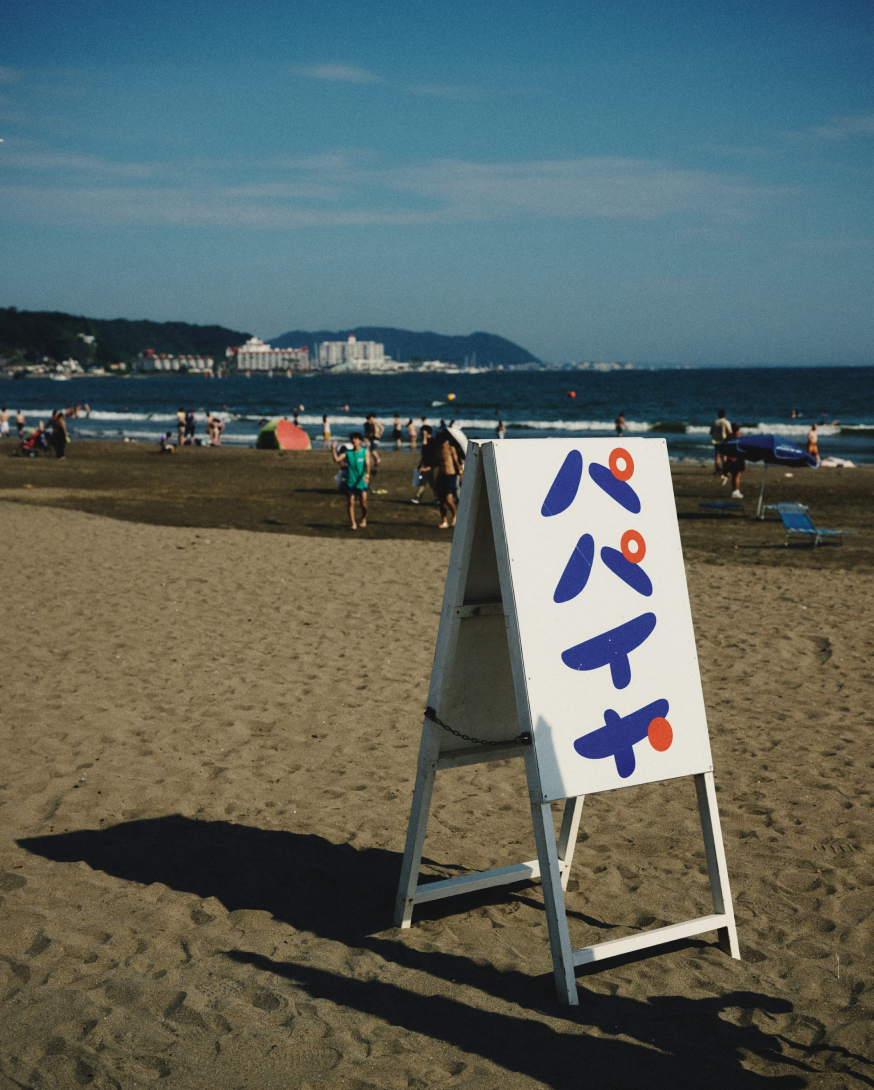
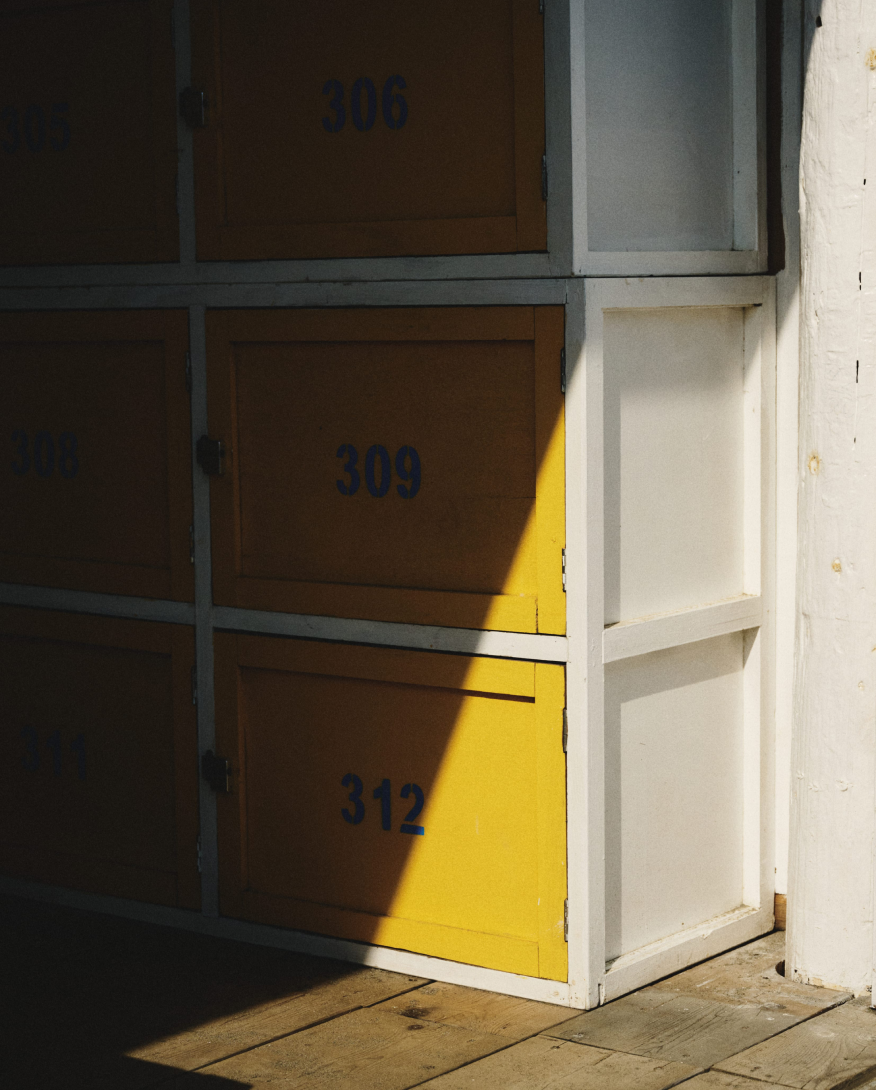
For example, on location overseas.
Yeah.
Hangers overseas, especially pants hangers, are all trash, and basically there are no good ones (laughs). But if you look carefully, you can find them. At one point, I went to overseas locations a lot, so I know where to buy what, but when I ask a coordinator who is not used to fashion photography, they buy hanger racks that are completely useless. Hanger racks that fall apart the moment you hang them up, and pants hangers that keep falling no matter how many times you clamp them, like something out of a comedy skit (laughs). Basically, that's all they sell overseas, but if you look closely at the sales floor, there are some stores that have decent ones. It's pointless without them, right? In the first place, knowing a coordinator who understands these things is very important when proceeding with a shoot.
To make something good, you want to pay attention to the smallest details. But you can only understand how those small details relate to the filming afterwards by experiencing it, so I can't explain them one by one. There are so many things like that. In that sense, I wonder if it's something similar to the big story we just talked about, where living is equal to editing.
Yes, yes, I understand. Also, I think that being a fashion editor is a really special job. So in a way, it's the same as editing a miniature car. Since your main job is to put it into a visual, rather than knowing about various clothes, brands, and trends, it's more about whether you value the impact that will occur when you release the visual you created to the public. That's what photographers live for. It's important that the direction you're aiming for is the same among the staff, that you understand what the stylist wants to do, and that you can share your sensibilities in the first place. To that end, I think it's fine to buy water for everyone when they're tired. In a way, it's like being a mother. When I receive a manuscript, I'll say, "It's great, even if it's a lie!" (laughs). I think that kindness and the stamina to keep up even in a harsh environment are more important than knowledge. It's good to know the trends in photography, but if you follow them, it'll just become a copy, so you don't need to know the boring stuff. But if you don't have the knowledge to give advice to photographers who are trying to get there, you won't be able to lead them and they might make fun of you. It's the small things that can make a big difference in the outcome, so it's a job that only people who value that can do.
That's right. In that sense, I think one of the things about magazine editing is that a person ends up appearing on the pages as they are.
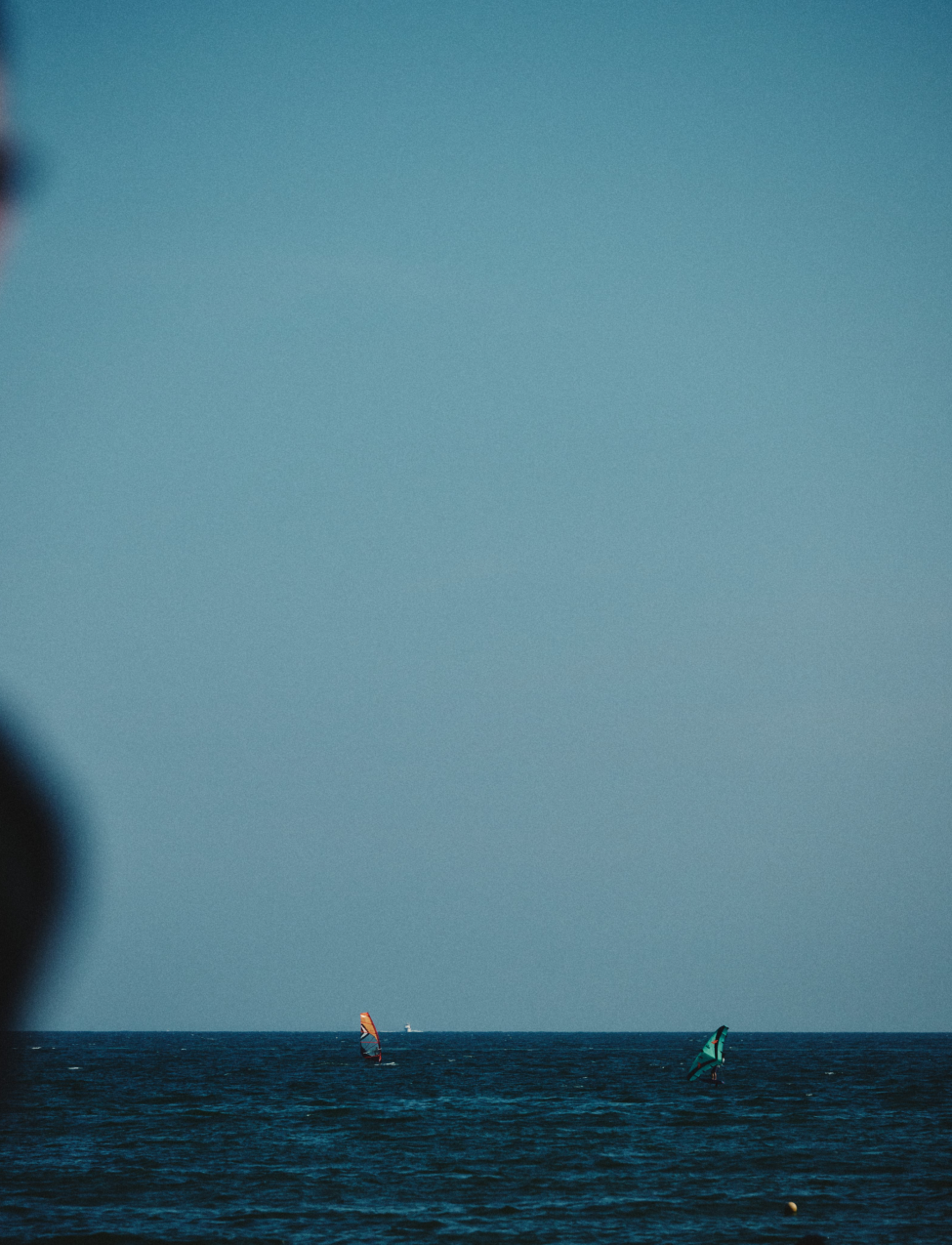
Yes, there is. Recently I've gotten interested in the NBA again and I've been doing some research, and I saw a story about someone who went to watch a certain team's practice. There are four coaches for each player. The coaches have a lot of discussions and practice while discussing how to improve the play. The reason why there are four coaches is because there are five players in basketball, so they put four coaches for each player and practice by creating a situation that is close to the actual game, such as where to pass, how fast to pass, and when to pass.
I see.
I was always watching the NBA and wondering how they could recognize the incredible speed passes in the close calls during the game, but I realized that they can do it because they practice. If you don't keep doing this kind of thing, you can't make anything good.
It's like repeating the practice.
Exactly. Practice is important after all. What you see is completely different. If you just practice casually and leave it up to individual skill, the mood is completely different at the actual match, so you get nervous and end up not understanding what's going on.
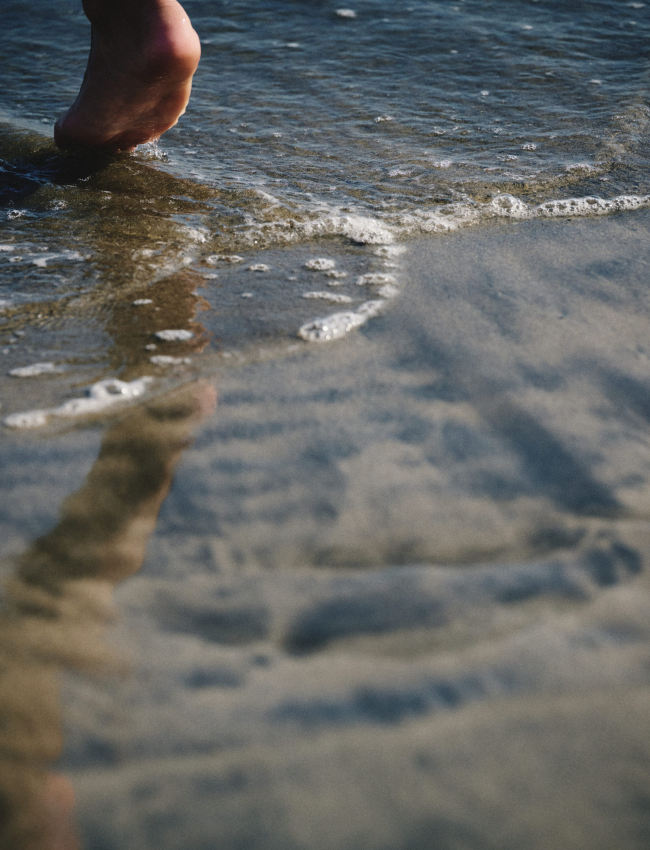
Address: Yuigahama Beach, 4-chome, Yuigahama, Kamakura City, Kanagawa Prefecture Telephone: 0467-24-9338
Business period: Until September 1, 2024 (Sunday)
Time: 9:00-18:00 Open throughout the period
papaya.sunnyday.jp